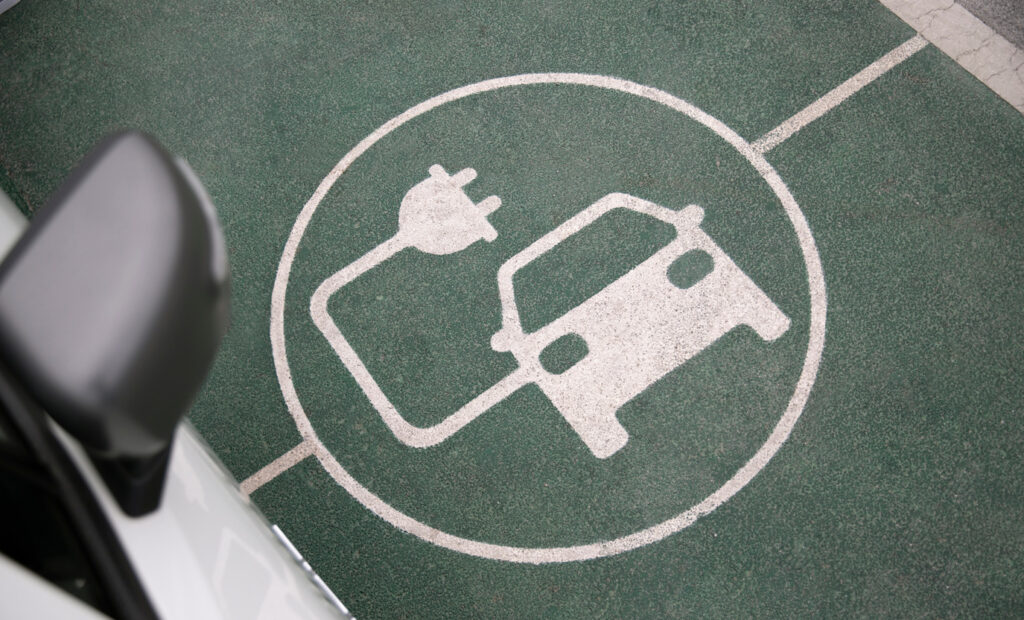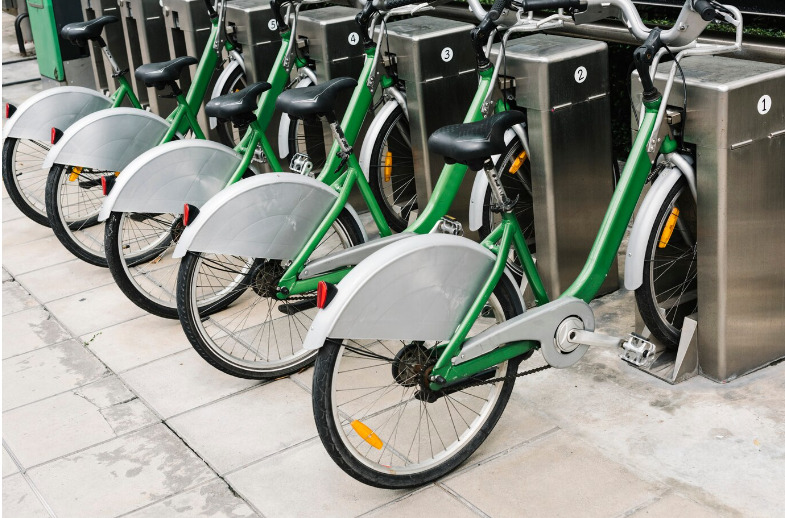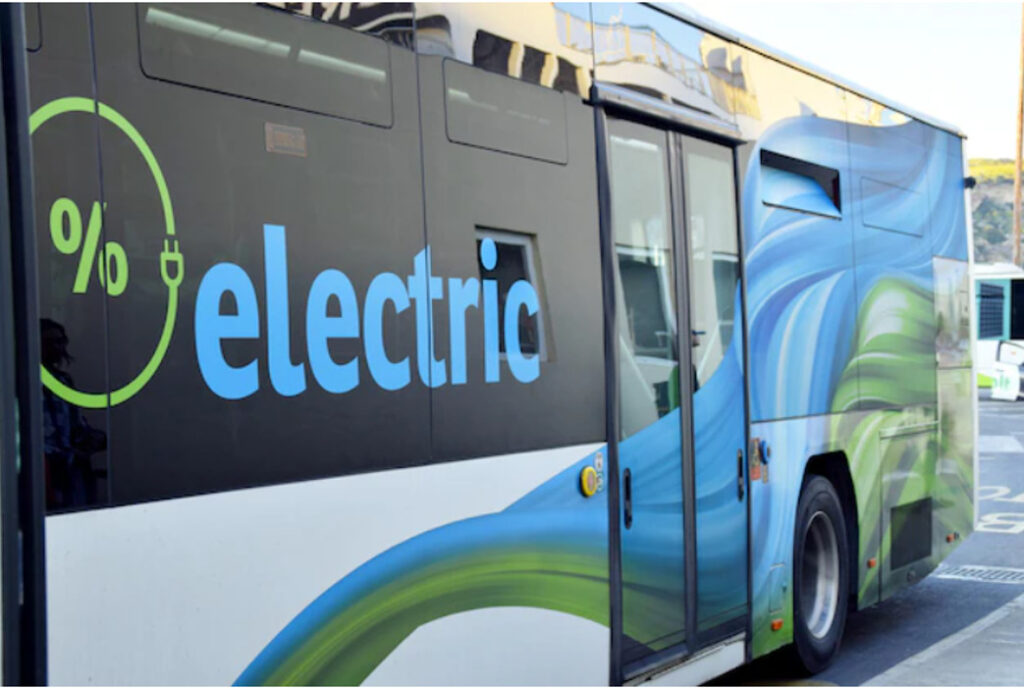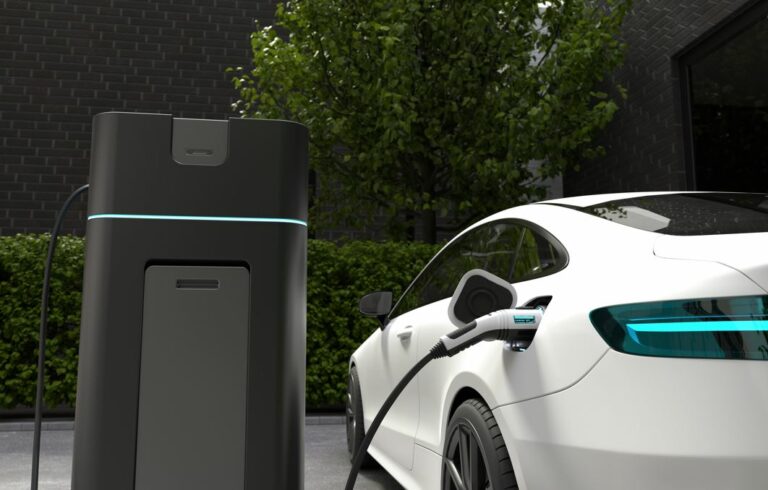The sustainable mobility It is identified as the transportation method capable of minimizing environmental impact and promoting energy efficiency. This concept has been evolving since the 1970s, however, it has found tangible expression over the years through various milestones that have marked significant advances in this transformation.
From the early days of environmental awareness to the current era of Mobility 4.0, we will examine how fundamental concepts have manifested over time.

Technological evolution aimed at sustainable mobility:
The 1990s saw the birth of the first electric and hybrid vehicles. The Toyota Prius, launched in 1997, was notable as the first mass-produced hybrid car, combining a gasoline engine with an electric engine to improve fuel efficiency and reduce emissions. This milestone marked the beginning of a new era in sustainable mobility, changing consumer perceptions of what was possible in terms of efficiency and sustainability in transport, setting a standard for future developments.

Charging Infrastructure for electric vehicles.
The Netherlands has been a leader in promoting sustainable mobility, especially in promoting the use of bicycles and the expansion of charging infrastructure. Amsterdam, for example, is known for its charging stations for electric bikes and cars. This investment has facilitated mass adoption of electric vehicles, providing an accessible and convenient solution for charging.
Beginning of Mobility 4.0
The Nissan Leaf, launched in 2010, symbolizes the evolution of technology in sustainable mobility. This electric vehicle not only improved autonomy, but also incorporated advanced technologies, such as smart connectivity. Vehicles can now communicate with each other and with infrastructure, improving efficiency and safety. This is a tangible example of how technology has propelled sustainable mobility into the era of Mobility 4.0.
On the other hand, Tesla, with its Model S launched in 2012, has been a pioneer in the improvement of battery technologies. This high-performance electric vehicle not only increased range, but also demonstrated that electric vehicles can be just as practical and attractive as their internal combustion counterparts. Tesla's success has spurred competition and accelerated the development of more efficient batteries.

The Fast Recharge Revolution.
Tesla's super-charger network is an outstanding example of the evolution of charging points. These fast chargers allow electric vehicle drivers to charge significantly faster than with conventional chargers. This approach has eliminated much of the range anxiety, making electric mobility even more attractive.
Government Policies encouraging sustainability in transportation.
Norway stands out as a notable example of successful government policies in promoting sustainable mobility. Tax incentives, tax exemptions and reduced tolls for electric vehicles have led to rapid adoption in the Scandinavian country. As a result, more than half of new vehicles sold in Norway are electric.

Spain is not far behind in government policies that encourage commitment to sustainable mobility, since Royal Decree 184/2022 is established in March 2022, to regulate the activity of providing energy charging services for electric vehicles in Spain. This law establishes the requirements that must be met by consumers who provide such services and defines the rights and obligations of the subjects participating in the provision of energy charging services for electric vehicles. In addition, it eliminates the obligation of reference marketers to make alternative offers to the voluntary price for small consumers at a fixed price. The law complies with the principles of necessity, effectiveness, proportionality, legal certainty, transparency and efficiency.
Recently, in October 2023, the new European Alternative Fuels Infrastructure Regulation (AFIR) was implemented, which sets goals for electric vehicle charging infrastructure.
Objectives that have been established at the level of the Spanish territory, through the National Integrated Energy and Climate Plan (PNIEC), which proposes a scope of 5.5 million electric vehicles by 2030.

Current and Future: China and the Electric Revolution.
Today, China is at the forefront of sustainable mobility. With aggressive government policies, the Asian country has become the world's largest market for electric vehicles. Companies like NIO and BYD are leading the electric revolution, with models that defy expectations and demonstrate that sustainable mobility can be exciting and accessible.
Sustainable mobility today is already a reality that has been able to evolve over time thanks to the implementation of industrial and digital technology, reflected through concrete examples throughout the short automotive history. From pioneers such as the Toyota Prius to current leaders such as Tesla and eastern production companies, with the objective that various countries in the world have incorporated to implement, at the same time, policies and measures to decarbonize the planet, reducing the environmental impact to the maximum.
If you want to learn more about sustainable mobility, become an energy efficiency specialist dedicated to sustainability and renewable energy, do not hesitate to sign up for our Master in Renewable Energies, Smart Grids and Electric Mobility.



































